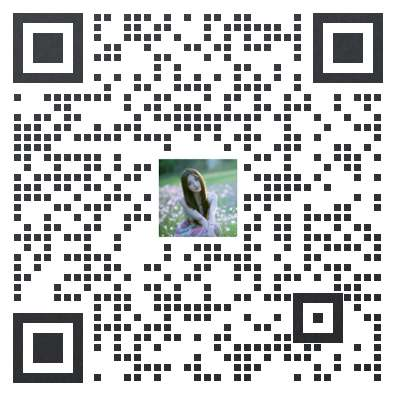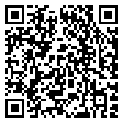50
50
Definition of the Terms Referred above:
International Schools: Schools that enroll students of foreign
nationalities; Schools that enroll students of Chinese and
foreign nationalities, adopting an international curriculum;
Schools that enroll mostly local Chinese students, adopting both
Chinese national curriculum and an international curriculum
EMI teachers: Teachers who teach academic content not in their
native language but in English
Bilingual teachers: Teachers who teach academic content in two
languages, usually in a native and secondary language
English subject teachers: Teachers who teach English language
and/or English literature
Chinese Teachers: Teachers who teach academic content in
Chinese, with the program required English language proficiency
Career Opportunities
The program will guide participants through a structured
combination of face-to-face teaching, online study, on-site
observation, and action research, to enable them to meet the
demands of a rapidly changing educational environment as well as
advance their own professional development in teaching.
This program aims to increase chances for career progression,
especially via the efforts pursuing for Post-graduate Certificate
Program accreditation, which is a preferred/required qualification
for teaching in international schools.
This program will contribute to the creation of a network of
professional staff in China.
Tentative List of Modules
Referring to the requirement of PGCE, Post-graduate Certificate level programs,
iPGCE and the pilot Certificate for Bilingual Teachers Competency (by CEAIE) in
China, the following modules are proposed:
Post-Graduate Professional Training Program in International Education:
1. Introduction to Internationalization
2. Teaching, Learning and Assessment
3. Curriculum Design in International Context
4. Practice-based Inquiry in Education (optional)
5. Educational Leadership (optional)



